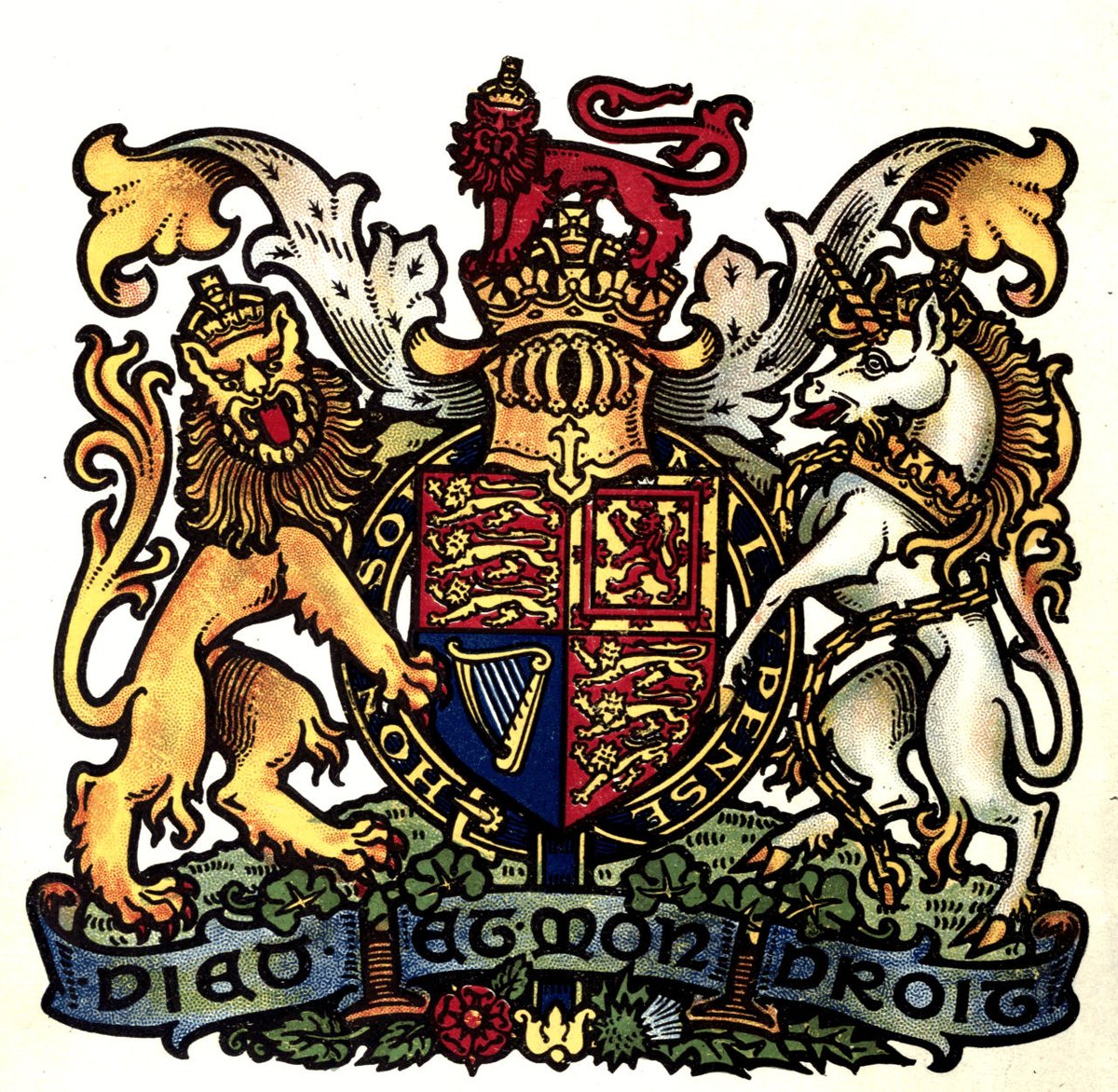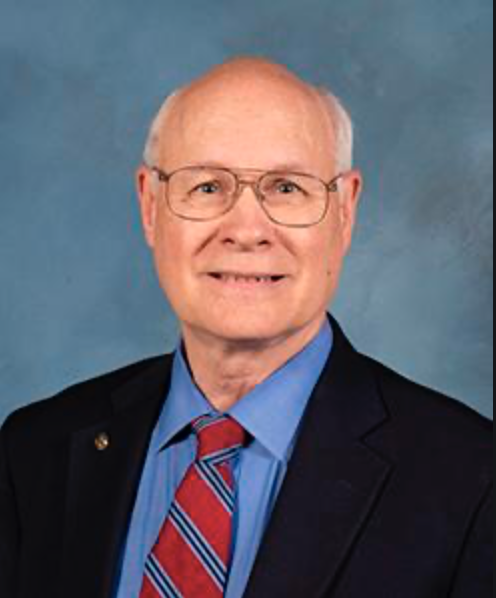Born in Mississippi in 1925, Medgar Evers, along with his siblings, walked 12 miles every day just to go to school. Segregated schools, no less. And another 12-mile walk to get home.
“…when we were walking to school in the first grade, white kids in their school buses would throw things at us and yell filthy things…” myhero.com/Evers_NW
When Medgar and at least one sibling (Charles) were very young, they witnessed the lynching of a family friend. Something that would shape their lives and decisions.
James Charles Evers, who was about 10 at the time, vowed to bring change to Mississippi for all African Americans. He went by Charles, and also served in WWII but in the Pacific Theater.
blackpast.org/african-americ…
Medgar recalled being 11 or 12 at the time: “I remember the Saturday night a bunch of white men beat him to death because he sassed back to a white woman. They just left him for dead on the ground.”
“Everyone in town knew about it, but never said a word in public. I went down and saw his bloody clothes. They left those clothes on a fence for about a year…”
myhero.com/Evers_NW
Witnessing that lynching wasn’t the only thing that shaped him. Medgar found it odd that the church offered no honors for the man who had been killed, and there were no protests over the murder.
“I used to watch the Saturday night sport of white men trying to run down a Negro with their car, or white gangs coming through town to beat up a Negro.”
myhero.com/Evers_NW
Medgar was drafted into the U.S. Army in October 1943, at the age of 17. He initially served with the 325th Port Company, 513th Port Battalion. The unit arrived in Europe on 16 May 1944.
Medgar’s unit was responsible for unloading supplies destined for the Allied forces as the supplies were brought into recently captured ports. They were also responsible for getting these supplies moved to units on the front lines.
Evers served in France and Belgium, including Antwerp, which was the largest port in Europe. The unit also supported the Red Ball Express – a logistics effort aimed at keeping the fast-paced Allied forces supplied as they advanced toward Germany.
Medgar later served with the 657th Port Company, 3677th Quartermaster Company (Heavy), and the 958th Quartermaster Service Company.
Quartermasters in the audience – raise your hands!
Also a HUGE thank you to @PGrasmehr and @pritzkerlibrary for the unit details!
And we did find that after Cherbourg, Medgar's unit fell under "Jumpin' Jim" Gavin's command and remained there for the rest of the war. Thus, our Sky Dragon connection 🐉
Serving in Europe has been noted by many African-American WWII veterans for opening their eyes to a world where Jim Crow laws didn’t exist, nor segregation like they faced back home.
Medgar was honorably discharged in 1946. He returned to Mississippi and finished high school, then used his G.I. Bill to further his education.
facebook.com/PritzkerMilita…
In 1946, Medgar and his brother Charles, also a WWII vet, led a group of African-American veterans to City Hall so they could all register to vote. They had more than earned it. Yet a white mob forced them out when they showed up to vote on Election Day.
Enrolling at Alcorn College, now Alcorn State University, Medgar furthered his education and participated in school activities including joining the debate team, the football team, and running track. @AlcornStateU
It was at Alcorn that Medgar met his wife, Myrlie Beasley. They married on Christmas Eve in 1951. Together, Medgar and Myrlie established local chapters of the @NAACP throughout the Mississippi Delta. They also organized boycotts to push back against segregation.
“In the 1960s, his boycotting of Jackson merchants attracted national attention, and his efforts to have James Meredith admitted to the University of Mississippi in 1962 brought the much needed federal help for which he had been soliciting.”
myhero.com/Evers_NW
James Meredith, an USAF veteran (1951-1960), had previously attended an all-Black college. He was the first African-American accepted to Ole Miss, in 1962. @OleMissRebels
biography.com/activist/james…
Among other efforts, Medgar Evers investigated violent crimes against African-Americans. He ruffled feathered, and pushed back against discrimination, fighting for equality.
history.com/news/7-things-…
When asked why he does what he does, Medgar explained that someone has to. “It’s on my shoulders. You’ve got to speak up. These things are not going to come easy.”
army.mil/article/233093…
“Freedom has never been free. I love my children, and I love my wife with all my heart. And I would die, die gladly, if that would make a better life for them.” (Medgar Evers, 7 June 1963).
On 12 June 1963, after returning home from a meeting at a Jackson MS church, Medgar was shot as he walked from his car to his kitchen entrance at a little after midnight. Mere hours after JFK’s televised Civil Rights Address.
He was shot in the back by a high-powered rifle, which knocked him over at first. He got up and stumbled closer to the house where his wife found him. The family rushed him to the hospital, where he was first denied entry because he was Black.
Byron De La Beckwith, a known white supremacist, was arrested on 21 June for Medgar’s murder.
The trial was a mess though. All-white juries failed to reach a verdict, and due to the voter registration and voting struggles, many African-Americans in Mississippi didn’t qualify for jury duty at the time.
Medgar’s wife didn’t give up seeking justice. In 1994, Byron De La Beckwith was brought back into court by the state and this time he was convicted of murder.











